- Overview
- Flares & Triggers
- Causes & Risks
- Types
- Locations on the Body
- Tests & Diagnosis
- Treatment
- Living With
- Complications
- Appointment Prep
- View Full Guide
Managing Psoriasis with Topical Treatments

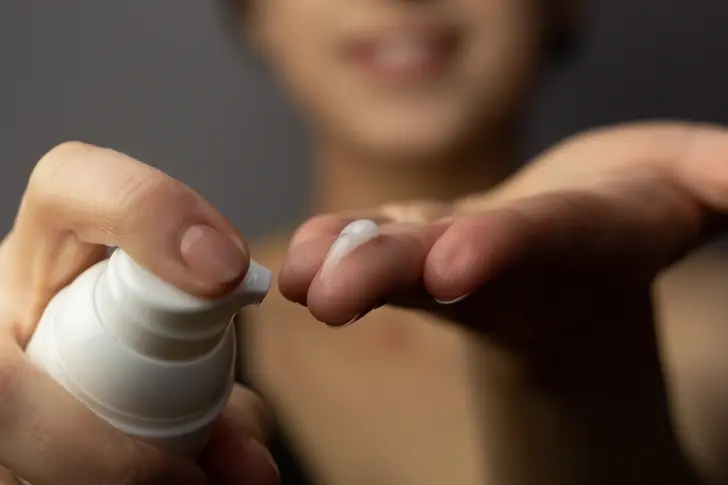
Understanding Topical Treatments
Topical treatments are medications applied to the skin to help soothe irritation, scaling, and redness from psoriasis. They can be creams, gels, or shampoos. A dermatologist can help you find the topical treatment that's best for you.
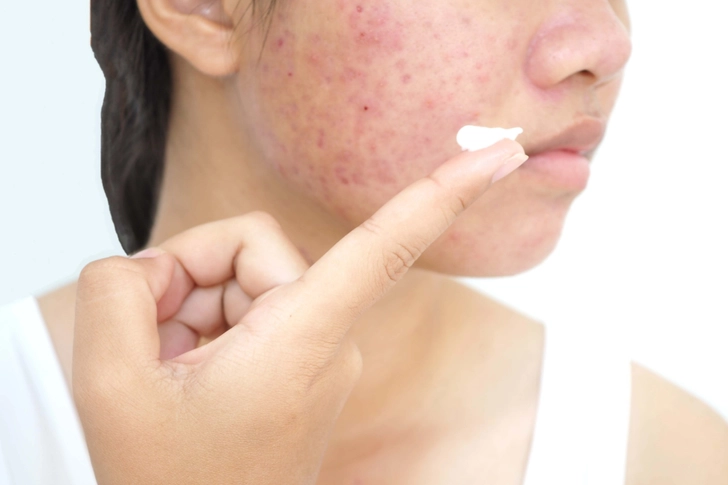
Steroidal Topical Treatments
Topical corticosteroids are medications used to reduce inflammation and redness in psoriasis. These steroids come in different strengths, from super potent to mild. Your doctor will choose the best strength based on the severity of your psoriasis.

Side Effects of Steroids
Steroidal treatments can cause side effects, especially if used long-term or on large areas. These may include skin thinning, changes in skin color, and increased sensitivity to light. Your doctor can help you minimize side effects.
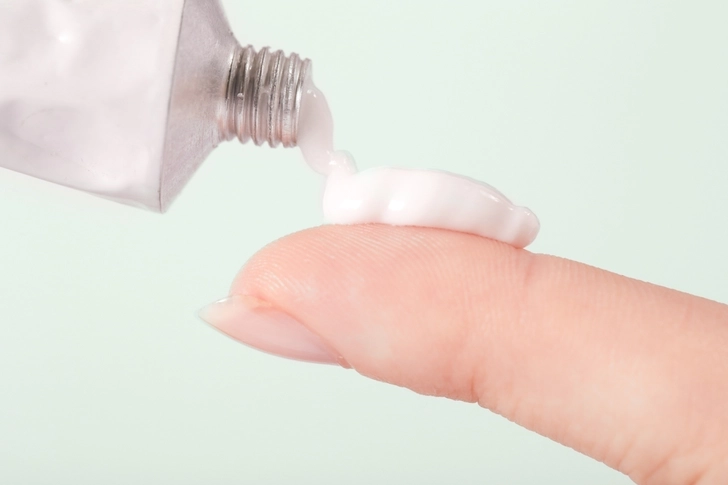
Nonsteroidal Topicals
Nonsteroidal topicals are creams and ointments without corticosteroids. Ingredients like vitamin A and D3 slow skin cell growth and reduce scaling. These treatments are useful when steroids are not effective or you can't use them long term.
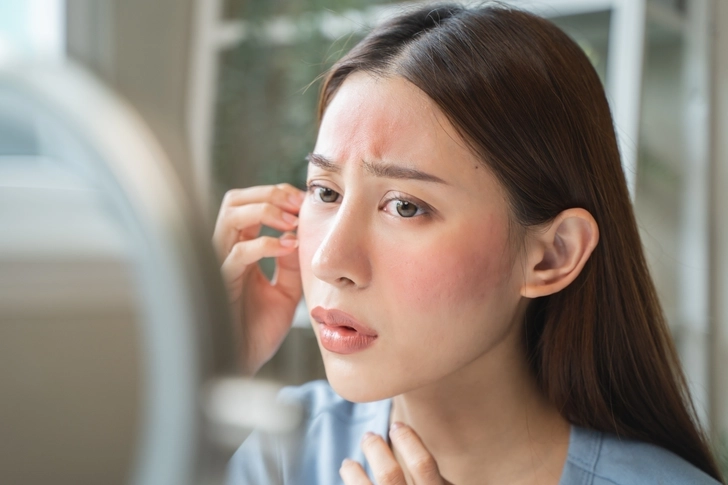
Side Effects of Nonsteroidals
Nonsteroidal treatments can also have side effects such as skin irritation, stinging, and increased sun sensitivity. Some may cause more serious issues like raised calcium levels or infections.
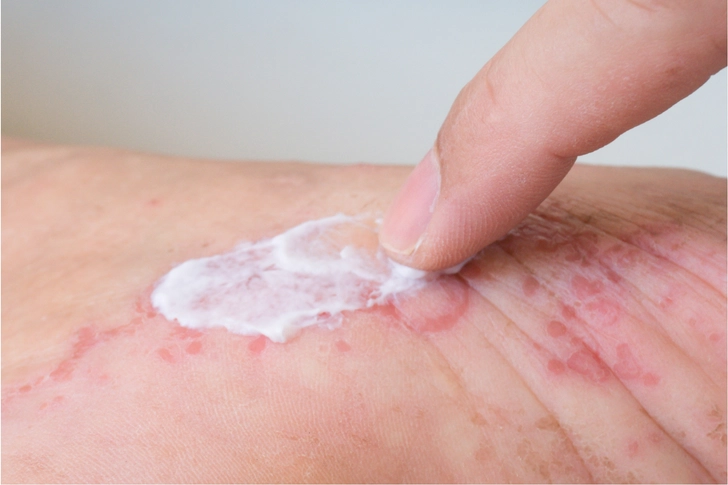
Topical Retinoids
Retinoids are vitamin A-based treatments that slow skin cell growth and reduce psoriasis symptoms. They come in gels or creams. Retinoids can cause irritation and increase the risk of sunburn, so you'll need to wear sunscreen.
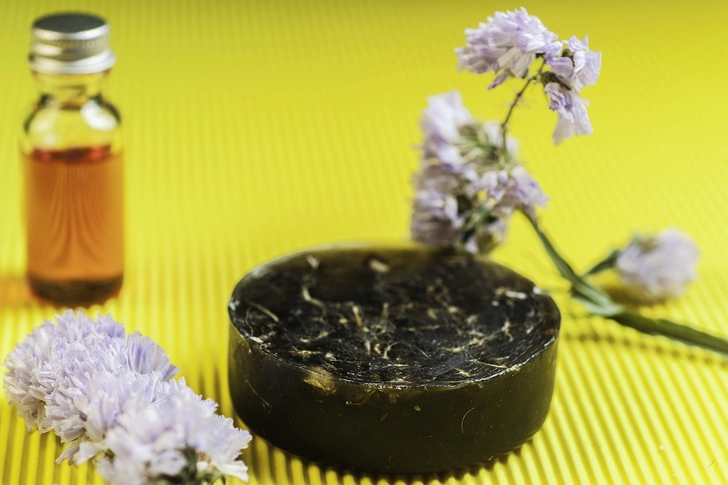
Coal Tar Treatments
Coal tar is another option, especially for scalp psoriasis. It helps reduce scaling and can be used in shampoos or ointments. However, coal tar has a strong odor and can stain clothes. It's also important to use sunscreen when applying coal tar.
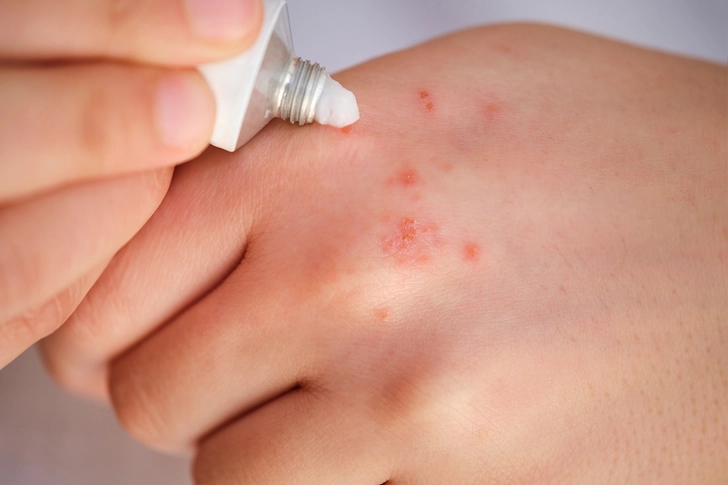
Vitamin D Analogues
If you have mild or moderate psoriasis, your doctor may mention vitamin D analogues as a possible treatment. Also known as synthetic vitamin D, this isn't the same as vitamin D supplements. Vitamin D analogies have been changed to affect your psoriasis differently. They help slow skin cell growth and reduce scaling.
Photo Credits:
1) Anna Gawlik/Shutterstock
2) onstockphoto/Shutterstock
3) Geinz Angelina/Shutterstock
4) triocean/Shutterstock
5) Pormezz/Shutterstock
6) chatuphot/Shutterstock
7) luchschenF/Shutterstock
8) Fida Olga/Shutterstock
Bruce E. Strober, MD, PhD, associate director of dermatopharmacology, Department of Dermatology, New York University School of Medicine; co-director, Psoriasis and Psoriatic Arthritis Center; consultant for Amgen, Biogen, Genentech, Fujisawa, and 3M.
Jeffrey M. Weinberg, MD, director, Clinical Research Center, St. Luke's-Roosevelt Hospital Center, New York City; assistant clinical professor of dermatology, Columbia University College of Physicians and Surgeons; consultant for Amgen and Genentech.
National Institute of Arthritis and Musculoskeletal and Skin Diseases.
American Academy of Dermatology.
American Academy of Dermatology, PsoriasisNet.
National Psoriasis Foundation.
Abel, E. Dermatology III: Psoriasis, ACP Medicine, April 2005.
American Academy of Dermatology: "Psoriasis Treatment: Coal Tar."
BPAC NZ: "Choosing a Topical Treatment for Patients with Chronic Plaque Psoriasis."
JAMA: "Nonsteroidal Topical Treatment for Plaque Psoriasis is Approved."
Journal of the American Academy of Dermatology: "Joint AAD-NPF Guidelines of Care for the Management and Treatment of Psoriasis with Topical Therapy and Alternative Medicine Modalities for Psoriasis Severity Measures."
Mayo Clinic: "Psoriasis."
National Psoriasis Foundation: "Non-Steroidal."
NYU Langone: "Topical Medication for Psoriasis."
The Annals of Pharmacotherapy: "A Review of Topical Roflumilast for the Treatment of Plaque Psoriasis."
UpToDate: "Treatment of Psoriasis in Adults."
National Psoriasis Foundation: “Over the Counter Topicals,” “Steroids.”
HealthLink BC: “Keratolytic Emollients – Topical.”
DermNet: “Salicylic acid.”
American Academy of Dermatology: “What Psoriasis Treatments are Available Without a Prescription?” “Dermatologists’ Top Tips for Relieving Dry Skin,” “Psoriasis Treatment: Coal Tar,” “Psoriasis Treatment: Corticosteroids You Apply to the Face.”
https://healthytoday.news/skin-problems-and-treatments/psoriasis/coal-tar-psoriasis%3C/p%3E%3Cp%3E%C2%A0%3C/p%3E%3Cp%3EDermatology and Therapy: “Urea in Dermatology: A Review of its Emollient, Moisturizing, Keratolytic, Skin Barrier Enhancing and Antimicrobial Properties.”
International Journal of Cosmetic Science: “Comparative effectiveness of alpha-hydroxy acids on skin properties.”
Dermatologic Therapy: “Evaluation of safety and efficacy of topical 4% nicotinamide in treatment of psoriasis; among a representative sample of Egyptians (an analytical observational study).”
Skin Pharmacology and Physiology: “Niacinamide - mechanisms of action and its topical use in dermatology.”
Journal of Clinical and Aesthetic Dermatology: “Ceramide- and Keratolytic-containing Body Cleanser and Cream Application in Patients with Psoriasis: Outcomes from a Consumer Usage Study.”
Dermatologic Therapy: “Topical application of a linoleic acid-ceramide containing moisturizer exhibit therapeutic and preventive benefits for psoriasis vulgaris: a randomized controlled trial.”
Advanced Biomedical Research: “Topical nicotinamide in combination with calcipotriol for the treatment of mild to moderate psoriasis: A double-blind, randomized, comparative study.”
Dermatology and Therapy: “Comparing the Potential for Irritation of a Ceramide-Based Moisturizer with a Urea-Based Moisturizer for Pediatric Atopic Dermatitis.”
Cleveland Clinic: “Psoriasis,” “Retinol.”
National Psoriasis Foundation: “Topicals,” “Steroids,” “Over-the-Counter Topicals,” “Non-Steroidal.”
UpToDate: “Treatment of psoriasis in adults.”
American Family Physician: “Topical Corticosteroids: Choice and Application.”
Mayo Clinic: “Psoriasis.”
Gabros S, Nessel TA, Zito PM. “Topical Corticosteroids,” StatPearls Publishing, 2023.
National Eczema Association: “Topical Steroid Withdrawal: What the Eczema Community Needs to Know, Now.”
Stanford Medicine Scope: “Does retinol deserve the hype? A Stanford dermatologist weighs in.”
National Institute of Health, National Institute of Arthritis and Musculoskeletal and Skin Diseases: “Psoriasis: Diagnosis, Treatment, and Steps to Take.”
American Osteopathic College of Dermatology: “Retinoids, Topical.”
American Academy of Dermatology Association: “Psoriasis Treatment: A Retinoid You Apply to The Skin.”
National Library of Medicine: “Tazarotene Topical,” “Tazarotene 0.1% gel plus corticosteroid cream in the treatment of plaque psoriasis,” “Psoriasis,” “Tazarotene gel with narrow-band UVB phototherapy: a synergistic combination in psoriasis.”
The Psoriasis and Psoriatic Arthritis Alliance: “Retinoids.”
Mayo Clinic: “Tazarotene (Topical Route),” “Psoriasis.”
National Psoriasis Foundation: "Mild Psoriasis: Topical Steroids."
National Eczema Association: "Topical Corticosteroids."
American Academy of Family Physicians: "Choosing Topical Corticosteroids."
American Academy of Dermatology: "Psoriasis: Recommendations for Topical Corticosteroids."
National Institute of Neurological Disorders and Stroke: "NINDS Cushing's Syndrome Information Page."
https://healthytoday.news/skin-problems-and-treatments/psoriasis/psoriasis-vitamin-d-analogues%3C/p%3E%3Cp%3EAmerican Academy of Dermatology: "Psoriasis Treatment, Coal Tar."
UptoDate: "Patient Education (Psoriasis: Beyond the Basics), October 2020."
UptoDate: "Treatment of Psoriasis in Adults, January 2022."
National Psoriasis Foundation: "Over-the-Counter Topicals."
National Cancer Institute: "Coal Tar & Coal Tar Pitch, December 2018."

